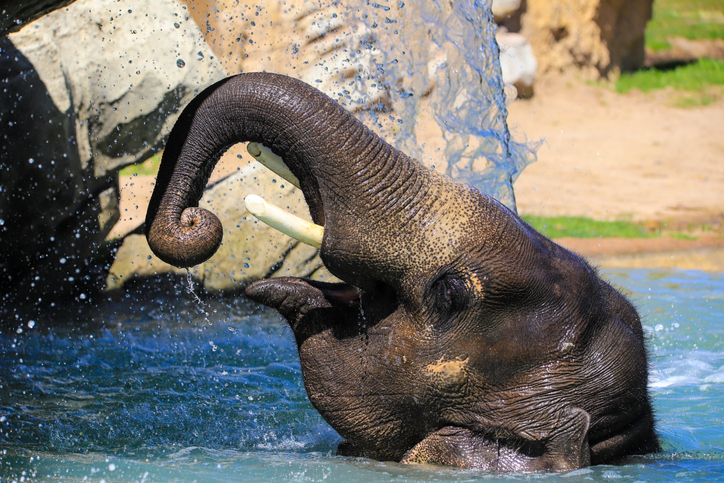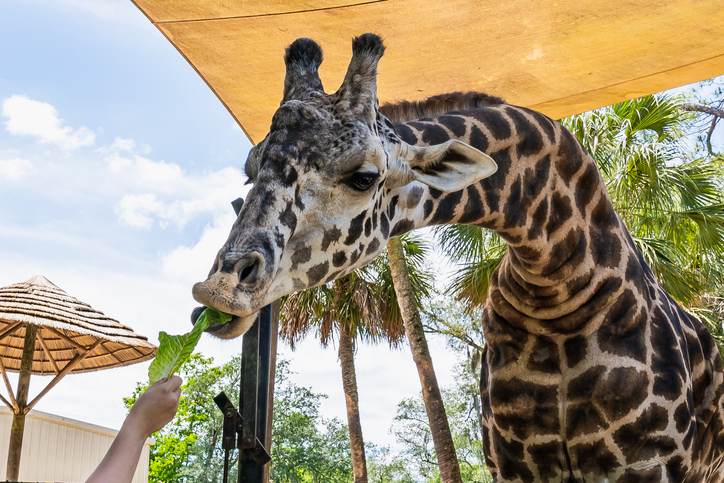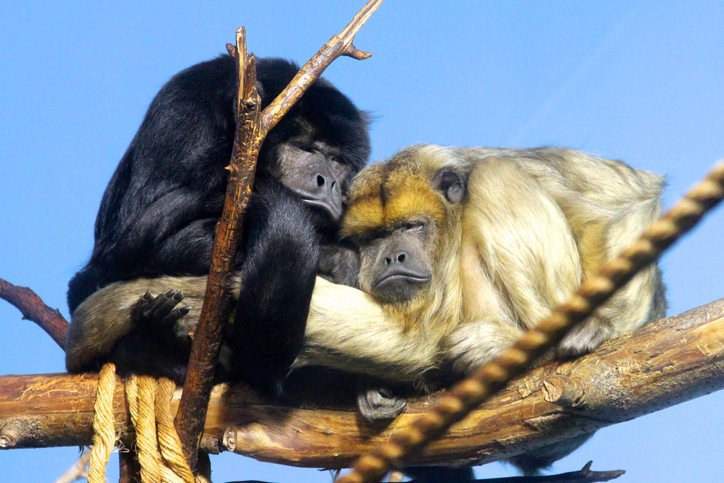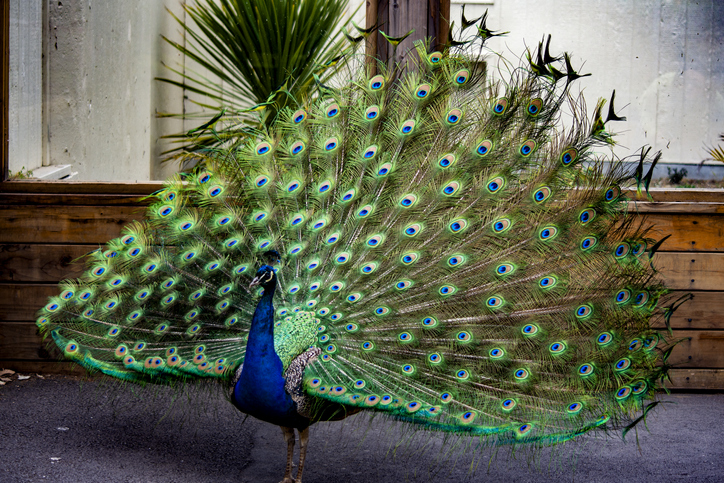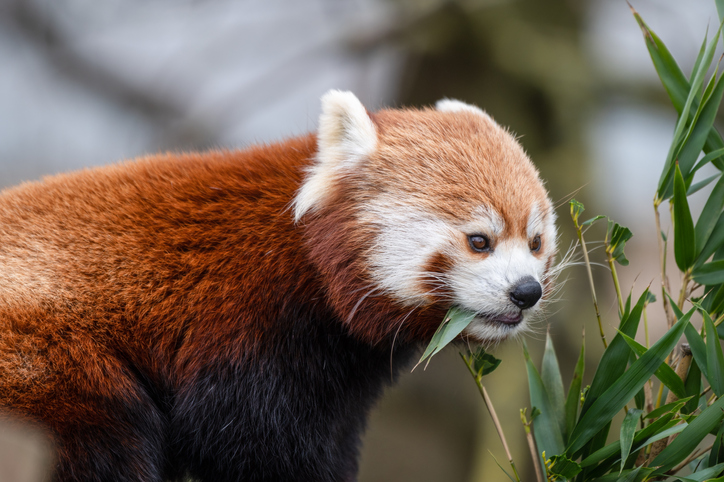Potbellied Pigs Are Now Considered Invasive In Delaware
Owners, breeders, and sellers are now required to take action because potbellied pigs are now considered invasive species in Delaware.
Potbellied pigs and feral swine in the first state will now be considered invasive.
For the past 7 years the first state has seen and uptick in potbellied pigs running around residential neighborhoods and some state game lands.
“Potbellied pigs are non-native to the State of Delaware and many animals are eventually abandoned by their owners; are not in good care; have been a nuisance for private property owners; and, with the species’ early reproductive capacity, can become feral quickly and may contract contagious and infectious diseases that can spread to both people and animals” according to Delaware.gov.
Owners will now have 30 days to comply with this new ruling.
During that time period owners and caretakers of potbellied pigs will need to complete the following steps. This also includes anyone who possesses, breeds, sells, or exhibits feral swine of potbellied pigs.
- Cease breeding or other activity that increases the count of potbellied pigs
- Provide adequate housing and secure fencing such that the animals cannot escape
- Report within 12 hours to DDA in-person or by telephone if the animal is at-large
- House male and female animals capable of reproducing separately to ensure that breeding does not occur
- Obtain an Invasive Animal Permit from DDA, and the animal will be tagged with a visible form of identification registered with DDA.
- Allow the Department, State Veterinarian, or duly authorized agent access to the premises where the animal species is being held to assess compliance with 3 DE Admin. Code 906, and to examine the welfare of the animals, and in the event of or threat of a contagious or infectious disease. (Delaware.gov)
You can find the Invasive Animal Permit here and it must be completed for each individual animal.
A full listing of regulations and explanation of why potbellied pigs are considered invasive in Delaware can be found here.
Unforgettable Zoos: Explore These Must-Visit Wildlife Destinations



